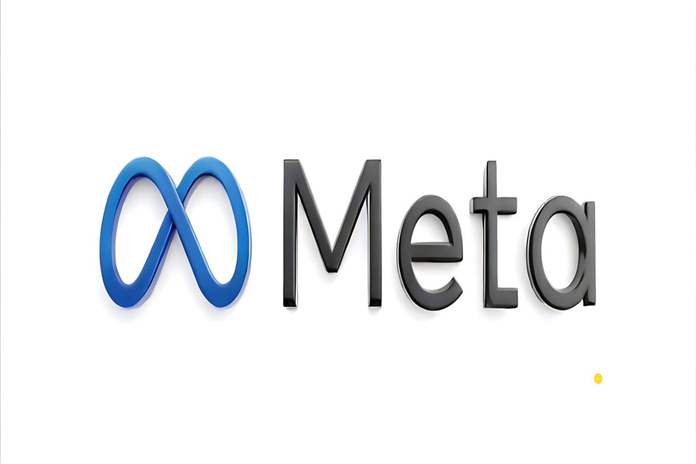Meta (NASDAQ:META), the parent company of Facebook and Instagram, reported its second-quarter earnings after the bell on Wednesday, surpassing Wall Street’s expectations on both the top and bottom lines. However, the company also issued a warning about a significant increase in capital expenditures in 2025, signaling potential challenges ahead despite its current financial strength.
Strong Q2 Earnings Performance
Meta reported earnings per share of $5.16 on revenue of $39.07 billion for the second quarter, exceeding analysts’ expectations of $4.74 EPS on $38.3 billion in revenue, according to estimates compiled by Bloomberg. This marks a substantial improvement from the same period last year, where Meta recorded EPS of $2.98 on revenue of $31.9 billion.
The company’s Family of Apps segment, which includes Facebook, Instagram, WhatsApp, and Messenger, was a major contributor to its success, generating $38.72 billion in revenue. This figure outperformed analysts’ estimates of $37.7 billion and represented a significant increase from the $31.7 billion in revenue reported in Q2 of the previous year.
Following the earnings report, Meta’s stock climbed more than 4% in after-hours trading, reflecting investor confidence in the company’s ability to navigate the competitive digital advertising landscape.
Capital Expenditure Growth and AI Investments
Despite the positive earnings, Meta CFO Susan Li cautioned investors about a projected increase in capital expenditures for 2025. Li noted that the company expects infrastructure costs to drive significant expense growth next year, primarily due to depreciation and operating costs associated with its expanded infrastructure footprint.
“While we do not intend to provide any quantitative guidance for 2025 until the fourth quarter call, we expect infrastructure costs will be a significant driver of expense growth next year as we recognize depreciation and operating costs associated with our expanded infrastructure footprint,” Li said in a statement.
A major factor in this anticipated spending surge is Meta’s ongoing investment in artificial intelligence. The tech giant has been heavily investing in AI infrastructure, which is seen as critical for the company’s long-term growth, particularly as it competes with other Big Tech firms in this space.
Reality Labs Continues to Struggle
While Meta’s core advertising business remains robust, its Reality Labs segment continues to face significant challenges. The division, responsible for Meta’s mixed reality hardware and software, reported revenue of $353 million in the second quarter, falling short of expectations of $376 million. Although this was an improvement from the same quarter last year, Reality Labs remains a financial drain on the company.
In Q2, the segment posted a loss of $4.49 billion, slightly below expectations of $4.53 billion, but still a notable increase from the $3.8 billion loss reported in Q1. The division has also struggled with internal challenges, including turnover and a lack of clear strategic direction, which has further complicated its efforts to become a profitable part of Meta’s business.
Legal Challenges and Settlements
Adding to Meta’s challenges, the company recently settled a major legal dispute with the state of Texas. On Tuesday, Texas Attorney General Ken Paxton announced a $1.4 billion settlement with Meta over allegations that the company used Texans’ biometric data without their permission for its Tag Suggestions feature. This settlement is part of a broader legal and regulatory environment that continues to scrutinize Meta’s business practices.
Looking Ahead
While Meta’s Q2 earnings exceeded expectations, the company’s warning about future capital expenditures and the ongoing struggles within its Reality Labs segment underscore the challenges it faces as it continues to evolve. Investors and analysts will be closely watching how Meta balances its core advertising business with its ambitious investments in AI and other emerging technologies.
As Meta looks towards 2025, the company’s ability to manage these growing expenses while continuing to deliver strong financial performance will be crucial. The next few quarters will likely provide further insight into how Meta plans to navigate these complex dynamics and maintain its position as a leader in the tech industry.
Featured Image: Freepik









